So it’s report card time again, and you want to write report card comments that show parents you’re thinking about their child’s individual needs and convey exactly what families need to know to help kids move forward. But you also have grades to compile, lessons to plan, and more than 20 of these report cards to ready before they have to be posted to students’ online portals.
You need help writing report card comments, and you know what? You aren’t alone. In a 2018 survey of teachers by the non-profit Learning Heroes, most teachers said they felt untrained and unsupported when it comes to having tough conversations with parents, and a third felt like they had pressure from the administration not to put too many low grades on their students’ report cards. What’s more, while 6 in 10 parents told Learning Heroes they assume As and Bs on their report card means their kids are on track, most teachers said a report card ranks third in terms of the tools they’re using to help parents understand student achievement — showing a disconnect regarding report cards.
Of course, there’s added stress knowing that report card time is not always a happy time for students. A study published in 2018 JAMA Pediatrics showed that when report cards were sent out on Fridays, child maltreatment seemed to increase on the Saturdays immediately following — proof of what teachers have long suspected.
So where does that leave teachers who have a pile of report card writing to do? To help bridge the divide, these report card writing tips may help.
Tips for Writing Report Card Comments
Use simple language
Most parents are not experts in pedagogy and are unlikely to know the acronyms you use on a daily basis and may not even be familiar with your school’s particular grading system. Stick to simple language in your report card comment writing, and when possible add explanations of things they may not know about. It’s better to overexplain than to have frustrated parents bombarding your email the night after report cards go out!
For example: Instead of “Grace applies a range of higher-order thinking skills and comprehension strategies when decoding texts,” write “When reading, Grace uses a range of skills to identify the meaning of the text.”
Don’t wait until report cards are due
We know you have a lot on your plate, but making notes throughout the marking period and collecting data in a student folder can make report card writing a whole lot easier! So don’t leave your collection of data and report writing to the last minute. The more you collect, the more evidence you will have, and the easier it will be to write your report card comments.
Stick to the point
When you’re working your way through more than a dozen report cards, sometimes you can feel like you’re repeating yourself and be tempted to deviate from the point at hand. But remember, parents only need to hear about important matters that are relevant to their child. Unnecessary information will only cause confusion.
For example: Instead of “John delightfully expresses a range of different ideas during whole-class discussions,” write “John participates well in class discussions and shares his ideas with others.”
Focus on levels of achievement over specific achievements
There are myriad steps that kids take toward proficiency, and parents don’t need to a long list of all the units and activities you’ve covered in class during the marking period. instead, they need to know how their child is performing in relation to the expected levels of achievement and how they might need to improve.
For example: Instead of “Jayshawn has developed efficient mental and written strategies and uses appropriate digital technologies for multiplication and division where there is no remainder,” write “Jayshawn uses his knowledge of multiplication facts to solve a range of division problems. He is now working towards solving problems with larger numbers.”
Refer to the child’s ongoing performance
When reading their child’s report, parents want to know what was learned, how well their child performed, whether there are any areas for improvement, and what should be done for their child to meet the next achievement standard. Avoid comments that may only refer to task completion or that only provide an evaluation.
For example: Instead of “Kia has completed the required writing task,” write “Kia has achieved a personal writing goal by constructing an informative text. She is now working towards punctuating her writing correctly.”
Download a free list of report card comments!
Use evidence to support your comments
When writing reports, continuously refer back to samples of students’ work. Use these work samples as evidence to indicate individual student achievements against the standards, or in comparison to other students in the class. Base your comments on quality evidence, and be prepared to provide parents with examples of their child’s work.
Use sentence starters
Your students aren’t the only ones who could use a little bit of help to get their creative juices flowing. Start off with a series of basic sentence starters such as:
- Claire challenged herself this marking period by …
- Jose has shown improvement in …
- Some of the best examples of Tamika’s work …
Use a checklist
Prevent the chance of leaving something out or writing too much by using a report card comment writing checklist. The checklist will ensure that you have included student achievements, areas for improvement, what the school is doing to support the student and their learning, suggestions for the parents to help their child progress, and a general comment with new learning goals.
Find something positive to say
Even when a child is struggling or behaving poorly in the classroom, there is always something positive to say about your students — and this gives both kids and their parents something positive to build from. The areas of improvement should not be ignored, and you don’t have to ignore a child’s disciplinary actions entirely, but the report card comments section should be about building toward student success and not a forum for complaints.
Prepare the parents
There will be times when you will need to write a report that doesn’t reflect the expectations of the parents. If you are aware that a child is not going to achieve a standard or has required additional support to complete set tasks, then it is strongly recommended that you reach out to the parents of those children prior to them receiving their child’s report. Parents greatly appreciate being informed about their child personally by their teacher, instead of waiting for a report card to read about it, and you can start working together immediately to form a game plan for support and improvement.
When meeting with parents, have an open conversation about how their child is performing in class and what support you are already providing with suggestions for the future. Create a partnership with the parents, and provide them with suggested activities to support the child at home.
A Final Word
For many parents, opening a report card with their child can be a challenge. To help them — and you — we’ve created this helpful list of tips teachers can share with parents in their classroom about how to discuss a report card.
You may also want to download a list of suggested report card comments to make your job just a little bit easier — created by the teachers on the Teach Starter team!
Banner image shutterstock/Aleksandar Malivuk


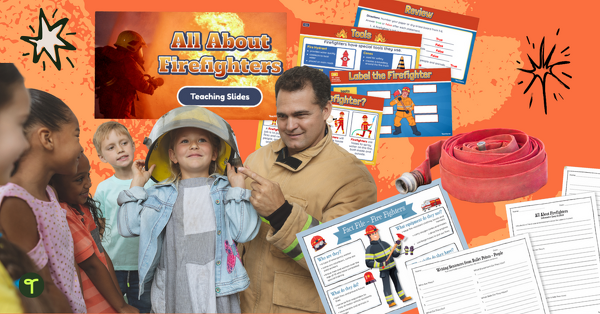
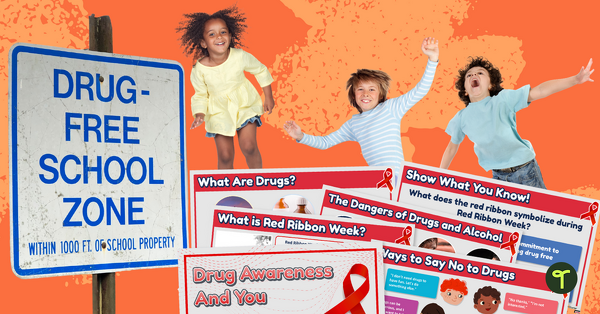

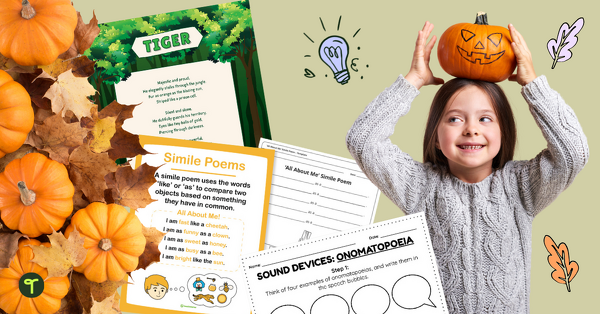
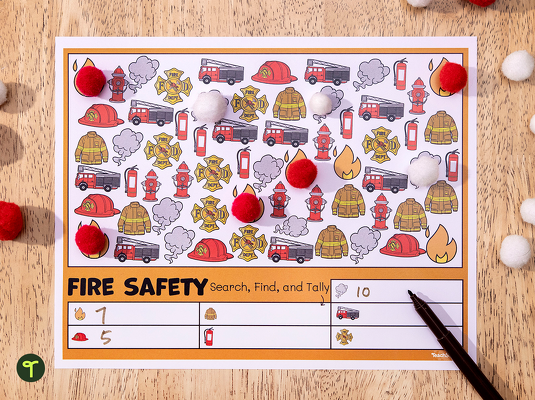
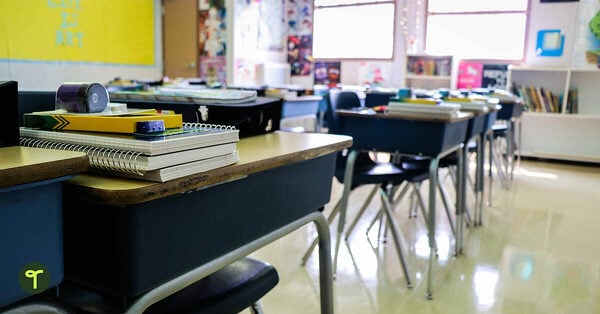
Comments